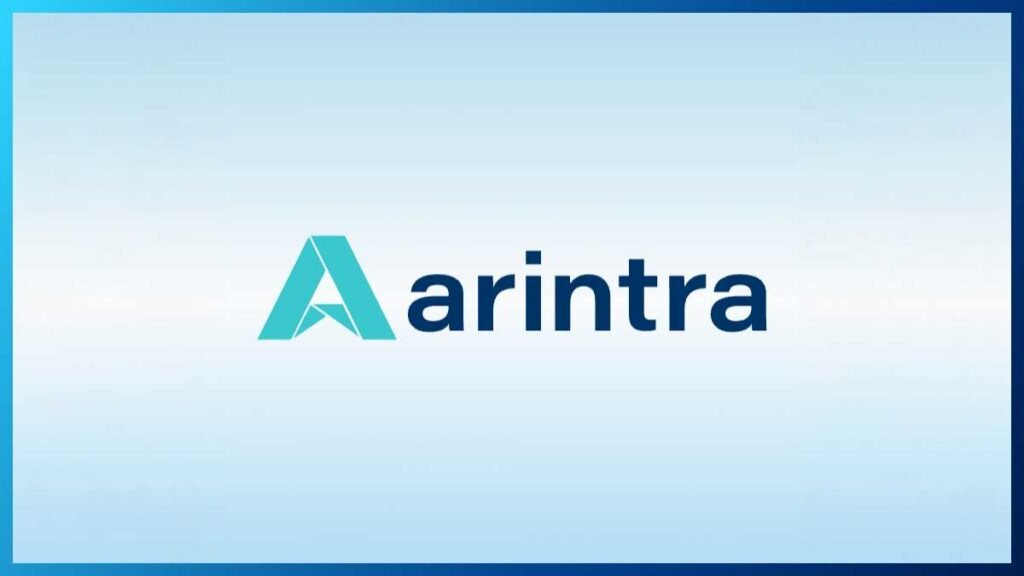
In recent years, startups have become one of the most powerful drivers of innovation and economic growth. From Silicon Valley to Jakarta, from fintech to healthcare, startups are not just small businesses they are agile disruptors, capable of transforming industries within a few years. With access to venture capital, global talent, and cutting-edge technologies like AI, blockchain, and biotechnology, these young companies are rewriting the rules of business.
But what exactly makes startups so influential? Why are they gaining so much attention from both investors and governments? And which startups are currently making headlines? Let’s dive deeper.
Unlike traditional companies that often focus on stability and long-term growth, startups thrive on innovation, scalability, and speed. According to Harvard Business Review, a startup is essentially designed to grow fast, relying on breakthrough ideas that can address problems on a massive scale.
Take fintech startups as an example. Companies like Stripe and GoTo Financial started by solving small but crucial problems in payment processing and financial inclusion. Today, they serve millions of users across the globe.
The difference is clear: a startup doesn’t just open a shop; it builds a system that can scale exponentially.
The buzz around startups like Vibecode, Arintra, and Parallel Web Systems isn’t just another headlineit signals something much bigger about where technology and investment are heading. Each of these startups represents a shift in how industries operate, from making app development as easy as texting, to streamlining healthcare systems, to redefining how AI interacts with the web.
This momentum matters because:
- It democratizes access to technology.
Vibecode, for example, allows anyone with an idea whether they’re a student, entrepreneur, or small business owner to create an app without knowing how to code. That’s a massive leap in lowering barriers to innovation. - It solves real-world pain points.
Arintra isn’t just a “cool” AI tool; it addresses one of the biggest bottlenecks in healthcare medical documentation and coding. By automating a tedious process, it frees up time and resources for actual patient care. - It attracts global attention and funding.
When investors like Alexis Ohanian or high-profile names like Parag Agrawal put their weight behind startups, it amplifies credibility. This momentum pulls in more capital, accelerates adoption, and encourages more founders to take bold bets. - It reshapes industries, not just niches.
We’re not talking about small features here we’re talking about platforms that can change entire ecosystems. Imagine a world where building apps is as natural as writing notes, or where AI-driven agents can navigate and use the web on your behalf. That’s transformative.
In short, this startup momentum matters because it’s a clear signal that innovation is not slowing down it’s speeding up. For businesses, investors, and even everyday users, it means the tools of tomorrow are arriving faster than expected, and they’re designed to be more accessible than ever.
With a high-profile founder and a bold mission, Parallel Web Systems is already attracting attention from tech insiders and investors alike.
Viral Startup Stories of 2025
Every year, there are a handful of startups that capture the world’s attention not just for their valuations, but for the way they reshape industries and daily life. In 2025, several startups have broken through the noise, gaining traction on social media, attracting top-tier investors, and sparking conversations in boardrooms and classrooms alike. These viral startup stories are not just about hype; they reflect the shifting priorities of technology and society.
1. Vibecode: Coding Without Code

Imagine building an app the same way you’d send a text message. That’s the promise of Vibecode (link example), a startup that makes software development accessible to everyone, regardless of technical background. What makes Vibecode viral is its simplicity users can describe what they want in plain language, and the platform automatically generates a fully functional app.
This isn’t just a fun tool; it’s a democratization of innovation. Small business owners, students, and even hobbyists are suddenly empowered to turn ideas into reality without the steep learning curve of coding. In 2025, Vibecode has become a TikTok favorite, with creators showcasing apps they built in minutes. It’s not just hype; investors see it as a game-changer in the low-code/no-code revolution.
2. Arintra: Reinventing Healthcare Workflows

Healthcare startups often struggle to go viral because the sector is seen as too complex. But Arintra changed that by solving a universally frustrating problem medical paperwork. Arintra uses AI to automate clinical documentation and medical coding, saving doctors hours of repetitive work.
The reason it went viral in 2025 is that the impact is instantly relatable. Doctors began posting side-by-side videos on LinkedIn showing how Arintra reduced their documentation time from hours to minutes. Patients joined the conversation too, excited about how this technology could reduce wait times and improve care quality. By addressing a pain point that affects millions globally, Arintra has become more than just another AI startup it’s a movement.
3. Parallel Web Systems: AI That “Browses”for You
If ChatGPT was 2023’s big story, then Parallel Web Systems is 2025’s headline maker. This startup builds AI agents that can actually browse the web on your behalf reading, clicking, filling forms, and even making transactions.
Its virality came when early adopters shared clips of their AI agents booking flights, shopping online, and even managing stock portfolios autonomously. Suddenly, the idea of a “personal digital assistant” didn’t just mean reminders and scheduling it meant a fully capable entity that could take actions across the internet.
Tech forums, YouTube channels, and even Reddit communities exploded with discussions, both excited and cautious. Could this reshape e-commerce, finance, and productivity tools? Investors think so. With early backing from high-profile names, Parallel Web Systems is quickly becoming the poster child of AI autonomy.
The virality of these startups underscores a cultural shift in innovation. In 2025, people don’t just want tech that’s powerful; they want tech that feels personal, relatable, and shareable. Whether it’s building apps in minutes, cutting down hospital bureaucracy, or letting AI handle your online life, these stories resonate because they give people something to imagine and something to share.
Ultimately, these viral startup stories of 2025 highlight how technology is no longer confined to the experts. It’s becoming a part of everyday conversation, spreading through social media not as abstract concepts, but as tools that people can use right now. And in the fast-moving world of startups, that kind of organic virality is often worth more than any marketing budget.
The current wave of startup growth is not just about making money it’s about solving global challenges. Whether it’s climate change, financial inclusion, or healthcare accessibility, startups are often the first movers to test bold solutions.
For investors, startups represent both high risk and high reward. As CB Insights notes, 70% of startups fail within the first five years, yet the successful ones can deliver 10x to 100x returns. That’s why venture capitalists keep betting on them.
For governments, startups create jobs and drive technological progress. For consumers, they offer innovative products that make life easier.
- Looking ahead, several trends are likely to define the startup landscape:
- AI Integration: Every industry will see AI-powered startups, from education to agriculture.
- Sustainability Startups: With climate concerns rising, green technology startups will receive more funding.
- Decentralization: Web3 and blockchain-based startups will continue challenging centralized models.
- Global Talent Pools: Thanks to remote work, startups are no longer limited by geography.
As long as there are big problems to solve, startups will keep emerging with fresh ideas.
The rise of startups is reshaping how we live, work, and interact with technology. They are not just businesses they are experiments in solving human challenges at scale.
From Vibecode’s no-code app revolution to Arintra’s AI healthcare solutions, startups are proving that bold ideas can become billion-dollar realities. For investors, entrepreneurs, and everyday consumers, the startup wave is one of the most exciting shifts of our time.
So, the next time you hear about a small team with a big idea, don’t dismiss it it might just be the next unicorn.
Disclaimer
This article is intended for informational and educational purposes only. The content provided does not constitute financial advice, investment recommendations, or an endorsement of any particular company or startup. Readers are encouraged to conduct their own research and, if necessary, consult with a licensed financial advisor before making investment decisions. The information cited comes from reliable and publicly available sources at the time of writing, but developments may have changed since publication.